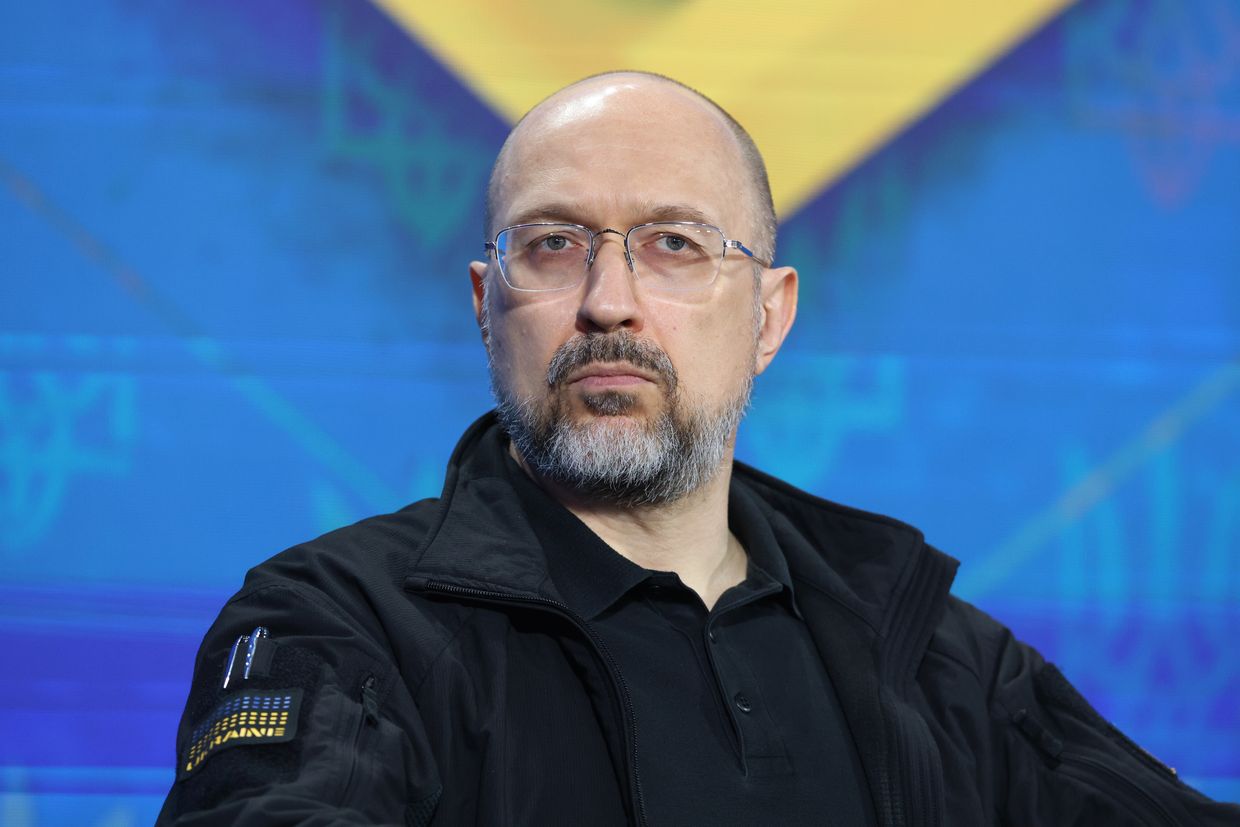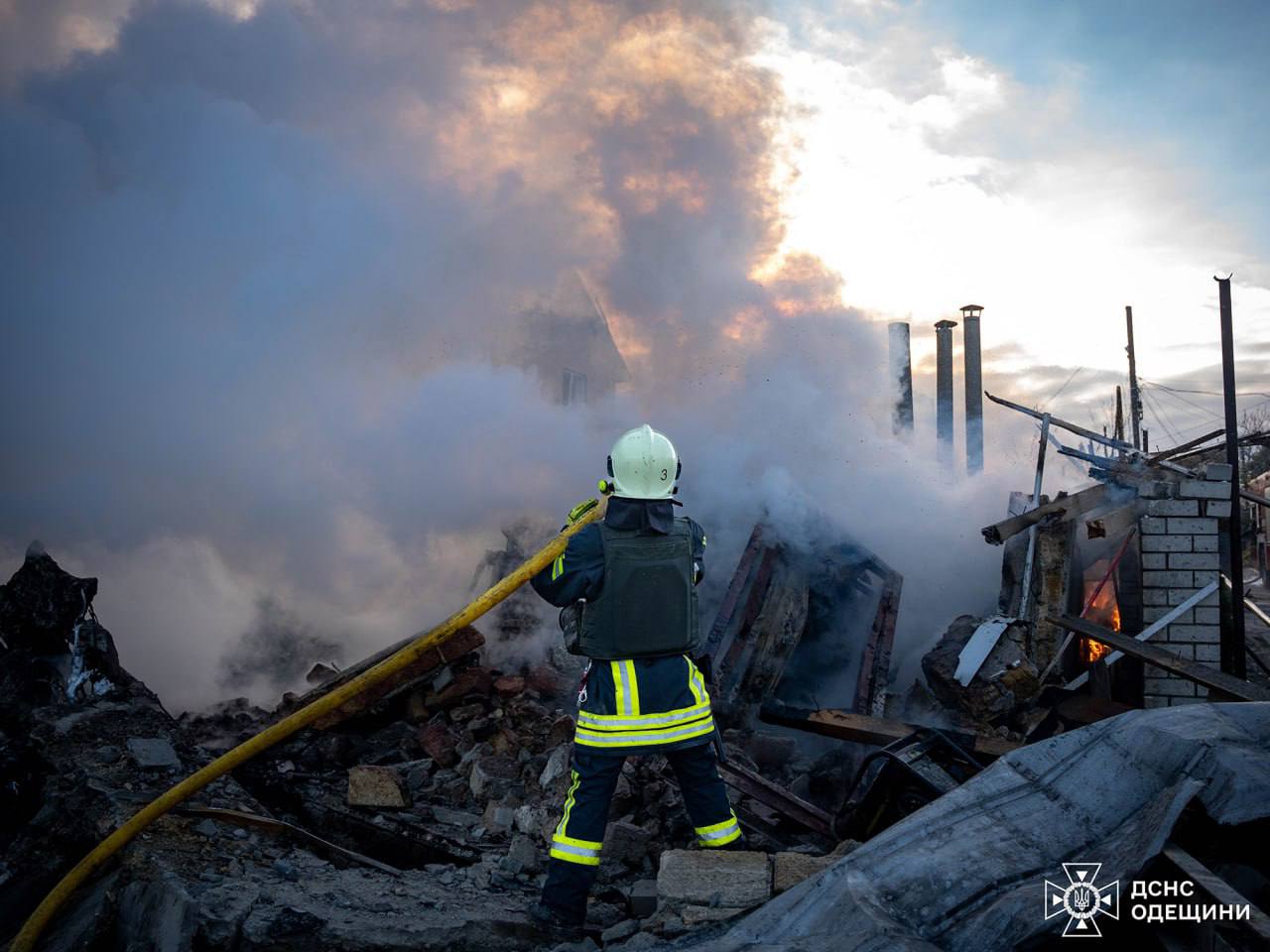
Editor’s Note: This is issue 154 of Ukrainian State-Owned Enterprises Weekly, covering events from Oct. 24-Nov. 17, 2024. The Kyiv Independent is reposting it with permission.
Energy sector
Ukraine’s energy infrastructure under attack, first in almost three months; power outage schedules are back. On Nov. 17, Ukraine’s energy minister Herman Galushchenko reported that Russia launched another massive missile and drone attack on Ukraine’s energy infrastructure. According to the minister, Russian troops attacked electricity generation and transmission facilities all over Ukraine.
Russia’s attack came on the night and morning of Nov. 17, characterized by the use of combined weapons, Ukraine’s Air Force said. Russia launched 210 aerial weapons, with Ukraine’s air defence downing 102 missiles and 42 drones. Air defense units were responding to Russian aerial targets in almost every Ukrainian region.
Ukrenergo reported damaged power facilities and later said that two of its employees were killed in an attack on a substation in Odesa Oblast.
Due to the attacks, the company was forced to introduce emergency power outages in several regions. The outages were cancelled later that day, but Ukrenergo announced power outage schedules for Nov. 18 in all Ukrainian oblasts from 6 a.m. to 10 p.m. local time.
Rinat Akhmetov’s DTEK, Ukraine’s largest private energy holding, reported that Russia attacked its thermal power plants (TPPs) again, severely damaging equipment. This is the eighth massive attack on its TPPs in 2024, DTEK added.
From March 22 to Aug. 26 Ukraine had faced seven massive missile and drone strikes on electricity facilities. See our Issues 124, 125, 127, 129, 131, 134, and 145 for more detail. The Nov. 17 attack was the first massive one since then.
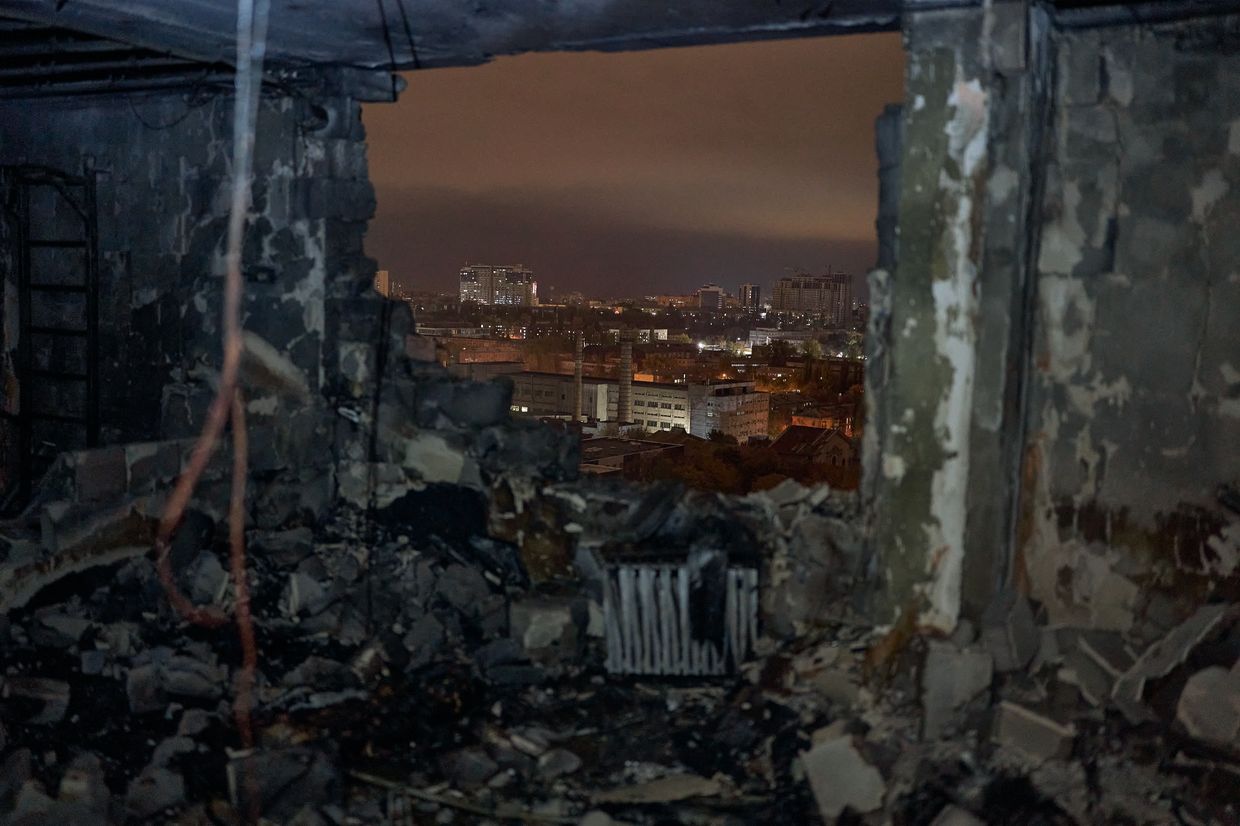
After every Russian mass missile attack on Ukraine’s vital infrastructure, emergency outages take place, lasting for days due to the ongoing repair works. During such outages, people in Ukraine are often left without electricity, heating, water supply, or access to mobile phone networks.
Ukrenergo in technical default on “green” bonds. On Nov. 6, Ukrenergo reported that, starting from Nov. 9, it will temporarily suspend payments on debt obligations for green sustainable development bonds ($825 million) issued in 2021 under a state guarantee.
Ukrenergo emphasized that this technical measure will remain in effect until the debt restructuring is completed, which is planned in the coming months.
“The bondholders of the company have been and will continue to be important partners of Ukrenergo. In 2022, the parties agreed to defer bond repayments, which helped to support the company during wartime and significantly contributed to its financial resilience over the past two years.
In the near future, the company intends to engage with the group of bondholders to agree on fair and mutually acceptable amendments to the terms of the bonds to ensure long-term financial stability,” the company said.
The Helsinki District Court freezes Russian assets in Finland at Naftogaz’s request. On Oct. 28, Naftogaz announced that the Helsinki District Court had granted its motion, ordering the freezing of certain assets owned by Russia in Finland. These include real estate and other assets valued in the tens of millions of dollars.
This decision is part of Naftogaz’s global strategy to recover compensation for losses resulting from the seizure of its assets in Crimea, as ordered by the Hague Arbitration Tribunal, the company explained.
It is also the first publicly known successful asset freeze outside Ukraine in the enforcement of arbitration awards filed by Ukrainian companies against Russia for the expropriation of property in Crimea in 2014. This is an interim step toward the actual recovery of assets in favour of Naftogaz, the press release reads.
“Since Russia refuses to voluntarily pay Naftogaz the compensation stipulated by the Hague ruling, we continue to leverage all available mechanisms to recover these funds. Today, we are one step closer to restoring justice. Simultaneously, we are actively pursuing enforcement of the arbitration award in other target jurisdictions where Russian assets are located,” Naftogaz’s CEO Oleksiy Chernyshov said.
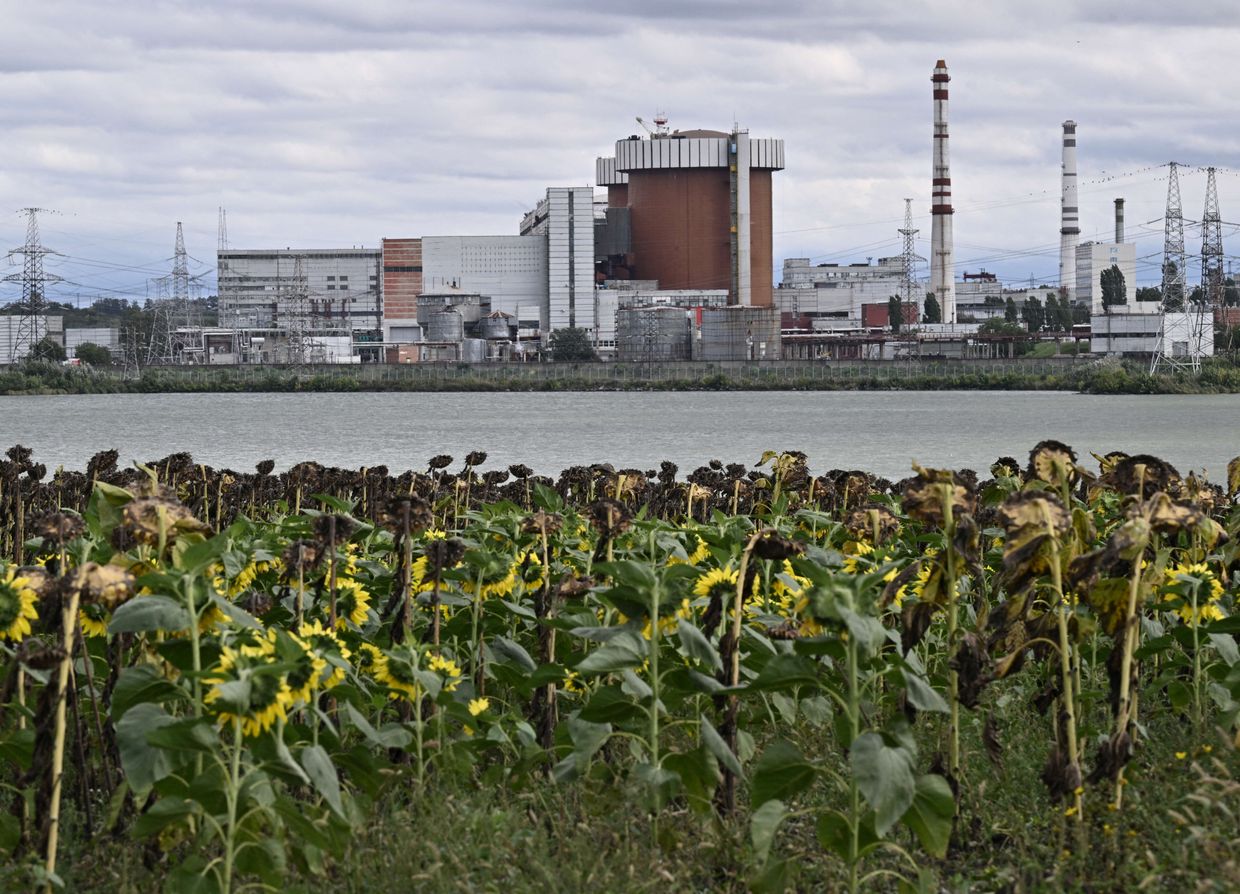
As we wrote in April 2023, the Hague’s Arbitration Tribunal at the Permanent Court of Arbitration ordered Russia to pay $5 billion to cover Naftogaz’s losses in Crimea when Russia seized them in 2014. See our Issue 83 for more detail.
Ukraine increases gas production to its highest level since the start of the full-scale war, Ukrgasvydobuvannya and Ukrnafta top the list. According to ExPro’s calculations, in October 2024, Ukraine’s gas production increased by 2.3% year-on-year to 1.6 billion cubic meters (bcm). This is the highest monthly production since January 2022, prior to Russia’s full-scale invasion, the media oulet added.
According to ExPro, Ukrgasvydobuvannya, a Naftogaz subsidiary, increased gas production by 1.6% to 1.24 bcm in October 2024. Ukrgasvydobuvannya produced 12.1 bcm in 10 months of 2024, 5.4% more than in 2023.
Ukrnafta, another Naftogaz company, increased its gas production by 4.6% to 96.4 million cubic meters in October 2024. The company produced 967 million cubic meters in 10 months of 2024, up 7% year-on-year.
At the same time, private companies increased gas production by 4.4% year-on-year to 324 million cubic meters. In total, private companies produced 2.75 bcm in 10 months of 2024, 12% less than in 2023.
According to ExPro’s forecasts, total gas production in Ukraine may increase by 2.2% to 19.1 bcm in 2024.
Chornomornaftogaz receives new contract terms for managing Firtash’s gas distribution companies. On Nov. 13, the Asset Recovery and Management Agency (ARMA) announced that it had signed a modification agreement with Chornomornaftogaz as the manager of Firtash’s seized regional gas distribution companies.
According to ARMA, Chornomornaftogaz paid Hr 172 million to the state budget from managing Firtash’s companies in 2022 [5.01 million euros at the average exchange rate over that period). At the same time, the manager guaranteed to pay more than Hr 500 million from managing these assets in 2023 [12.6 million euros at the average exchange rate over that period, ARMA added.
In our earlier issues, we reported on the wave of taking over fugitive tycoon Dmytro Firtash’s gas distribution companies by Naftogaz:
- For Kharkivgaz and Dniprogaz, see SOE Weekly’s Issue 71.
- For Sumygaz, Vinnytsiagaz, and Dnipropetrovskgaz, see Issue 98.
- For Ivano-Frankivskgaz, Khmelnytskygaz, and Mykolaivgaz, see Issue 100.
- For Cherkasygaz, see Issue 104.
- For Volyngaz and Chernihivgaz, see Issue 108.
- For Zakarpatgaz, see Issue 111.
- For Rivnegaz, Zaporizhgaz, Chernivtsigaz, and Ternopilgaz, see Issue 113.
- For Tysmenytsiagaz, Korostyshivgaz, Luhanskgaz, and Melitopolgaz, see Issue 114. The two latter companies are located in the temporarily occupied territories, so their operational management would be carried out after de-occupation, Naftogaz said.
As a result, Naftogaz Group now operates 27 gas distribution companies, which were planned to be transferred to state control by the end of 2023, Naftogaz explained.
As we wrote in Issue 113, the integration of regional gas companies positioned Naftogaz as a monopoly in gas distribution, but it is a wartime measure, and they should be privatized via public auctions when “the situation allows this,” Naftogaz’s CEO Oleksii Chernyshov said one year ago.
As we wrote in Issue 126, Chornomornaftogaz, as the manager of Firtash’s seized regional gas distribution companies, paid Hr 63.6 million, or 1.5 million euros at the going exchange rate, in 2022 dividends.
As we wrote in Issue 138, on June 25, the High Anti-Corruption Court (HACC) revoked the seizure of shares in gas distribution companies held by Firtash’s Regional Gas Company (RGC).
On the same day, ARMA reported that it had already appealed to the Prosecutor General’s Office to re-arrest the companies. Later that day, ARMA said that Kyiv’s Pechersk District Court returned them to state ownership.
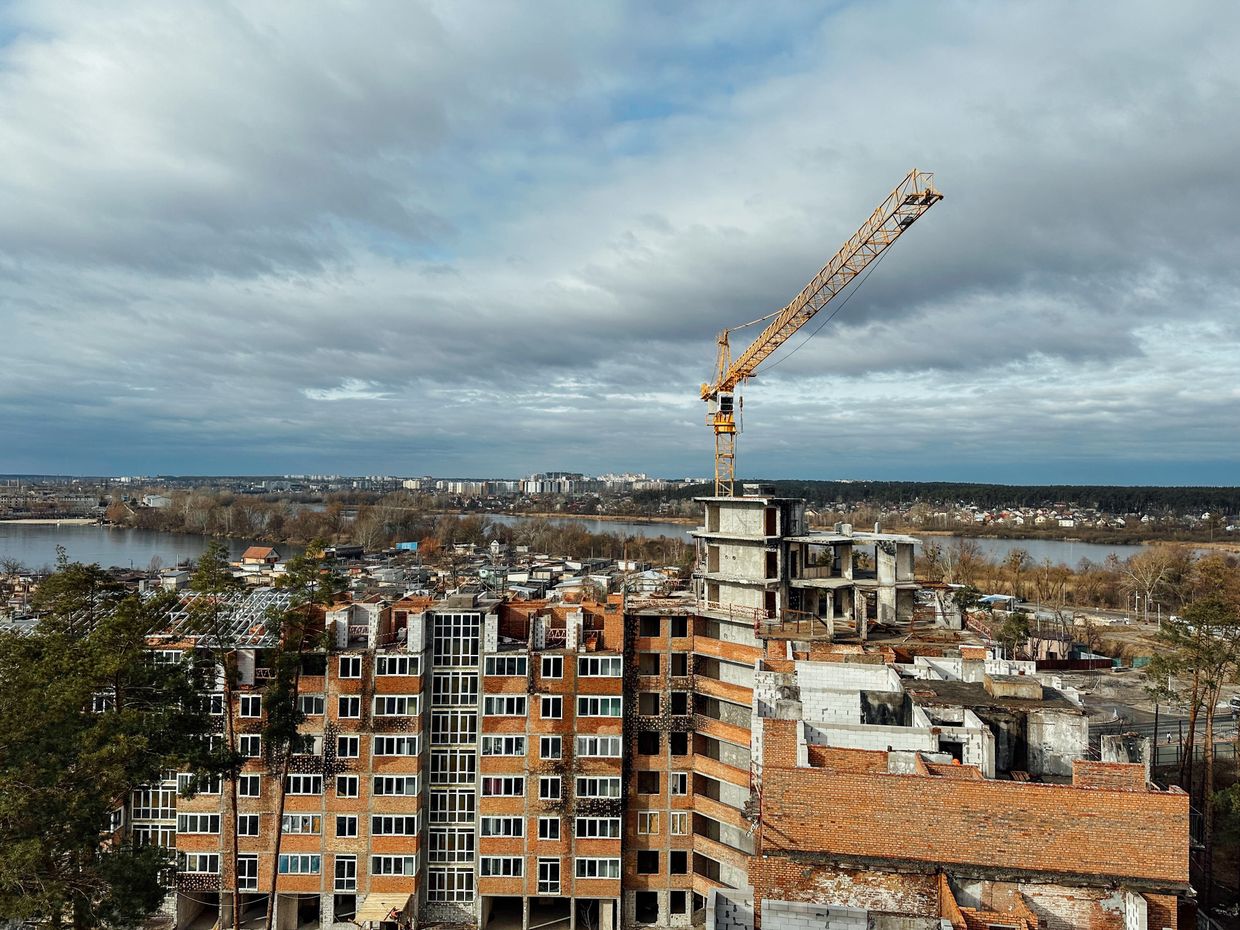
Privatization
The winning bidder pays $60.5 million for Ukraine Hotel in Kyiv. On Oct. 30, the State Property Fund of Ukraine (SPFU) announced that Ola Fine LLC, the winner of the privatization auction, had fully paid Hr 2.5 billion ($60.5 million) for the hotel itself and Hr 502 million ($12 million) in VAT.
These funds will be used, in particular, to support the Armed Forces of Ukraine, the SPFU added.
According to the Economy Ministry, as of the end-March 2024, the hotel’s wage arrears amounted to Hr 3.9 million ($94,000), budget arrears stood at Hr 10.8 million ($261,000), and overdue accounts payable totaled Hr 21 million ($508,000). In addition, the buyer must provide social guarantees in accordance with the law and may not lay off employees for six months.
As we wrote in Issue 148, on Sept. 18, the SPFU sold Kyiv’s four-star Ukraine Hotel for Hr 2.5 billion ($60.5 million). According to the SPFU, Ukraine Hotel has 363 rooms, six conference halls, meeting rooms, a shelter with a separate auditorium for events for 50 people, and a parking lot for 80 cars.
Ola Fine LLC is owned by businessman Maksym Krippa. The auction winner had 30 working days to pay the lot price.
As we reported in Issue 148, Maksym Krippa, a businessman that avoids publicity, became famous in 2022 when Forbes Ukraine wrote that he had acquired a major Ukrainian e-sports brand, the NAVI team. Later, the businessman’s representatives confirmed that the deal was concluded back in 2018. Krippa also owns Maincast e-sports broadcasting studio. In 2023, he acquired GSC Game World, a company that developed the S.T.A.L.K.E.R. cyber game.
Krippa, who acquired the Brovary Wholesale Market back in 2009, has recently started buying up significant real estate objects in Kyiv. In 2020, he purchased the Dnipro Hotel in Kyiv, which is located near Ukraine Hotel; and at the end of 2023, the Parus Business Center, previously owned by businessman and former MP Vadym Stolar. See more on Krippa in Issue 148.
The sale of Ukraine Hotel increased privatization proceeds to Hr 5.7 billion ($138 million), the Economy Ministry reported on Oct. 31. This is already Hr 1.7 billion more than the revenue planned for 2024, the Ministry added.
As we wrote in Issue 114, the 2024 state budget projected the privatization revenue at Hr 4 billion (around €95 million). According to a recent SPFU report, privatization generated UAH 2 billion (€46.7 million) in January-August 2024. All these proceeds were from small-scale privatisation.
In other words, as we wrote, the privatization of Ukraine Hotel alone has generated more revenue than all small-scale privatisations since the beginning of this year. After Ola Fine paid up as required by the regulations, the SPFU’s privatization revenue plan for 2024, however modest, was achieved for the first time in many years.
Bilhorod-Dnistrovskyi port finally sold. According to Prozorro.Sale, the twelfth attempt to sell the port was held on Oct. 31, and it failed again due to the absence of bidders. The starting price was Hr 178 million ($4.3 million).
As we explained earlier in October, it was doubtful that the asset would attract bidders this time. See Issue 152 for detail.
However, the thirteenth attempt, on Nov. 8, was successful. The starting price was halved to Hr 89 million ($2.1 million), and only one bidder, Top Offer LLC, took part in the auction.
The company offered Hr 90 million ($2.2 million) for the asset. To complete the privatization, the bidder must pay that price and the VAT, a total of Hr 108 million ($2.6 million).
Despite abundant releases on privatization on the SPFU’s website, including news on minor events, there is no dedicated release on the successful sale of Bilhorod-Dnistrovskyi, in which the SPFU would provide more detail.
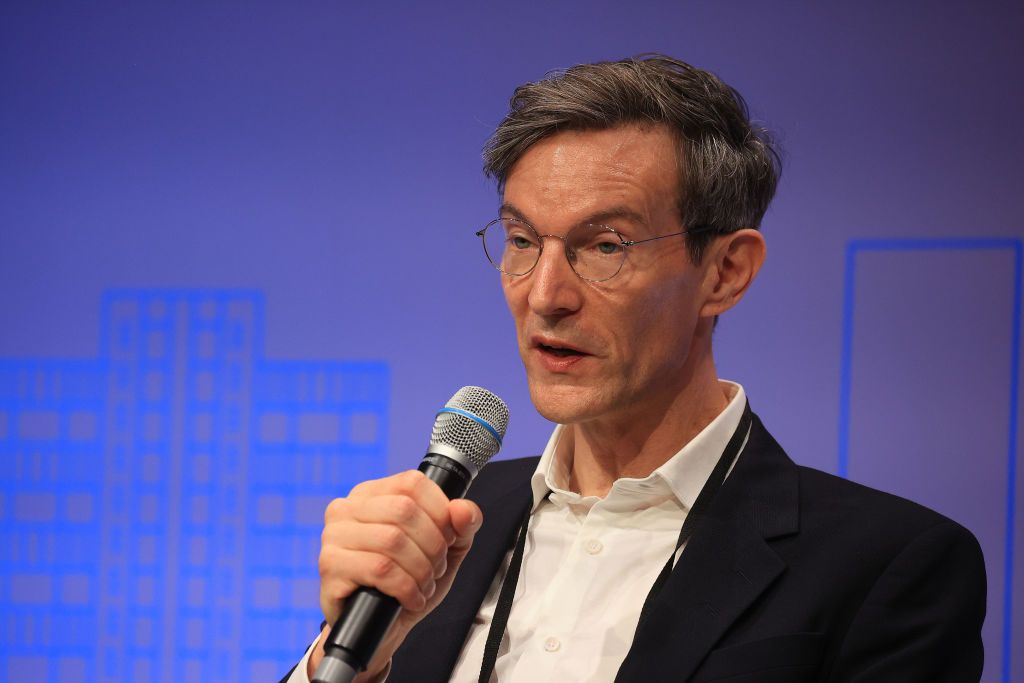
According to YouControl, Top Offer LLC was registered in late 2023 in Kyiv. Its primary registered line of business is the lease and operation of owned or leased real estate. The company is owned by Yevhen Boguslavskyi, who also owns the financial company Inkam.
At the beginning of 2023, commissioned by an unnamed investor, Inkam acquired MR Bank’s lot which included the rights to a loan secured by the Tsarsky fitness club in Kyiv. Later, Top Offer LLC participated in the privatization auction for the Kyiv Prosthetic Plant but lost to another bidder.
Boguslavskyi said he could not disclose the details of the privatization due to his NDA with the investor. According to him, the name of the seaport’s new owner may become known within a month. Boguslavsky also refused to discuss the origin of the money for the purchase.
“In this project, I am acting in the investor’s interest. He did not share all his plans with me. But I can say that he would restore the bridge across the Dniester estuary in Zatoka (which was destroyed by Russian missile attacks. It would not be this year, though, because not everything would happen at once,” Boguslavsky explained.
The first privatization auction for Bilhorod-Dnistrovskyi in March 2023 failed as no one registered.
At the second auction, the seaport was sold for Hr 220 million (around 5.6 million euros at the time) to Ukrdoninvest LLC, a company owned by Ukrainian businessman Vitaliy Kropachov. However, Ukrdoninvest decided not to pay up. As we reported in April 2023 (Issue 85), the company said that it backed out while hashing out the terms of the purchase agreement with SPFU’s regional office in Odesa and Mykolaiv oblasts.
In June 2023, SPFU announced that it would put Bilhorod-Dnistrovskyi up for privatization for a third time, another attempt that failed (see Issue 93). In Issues 99 and 100, we reported about the following failed attempts to sell the port.
As we wrote in August 2024 (Issue 144), former deputy infrastructure minister Viktor Dovhan posted on Facebook suggesting that Polish investors were considering participating in the privatization of the port.
However, the ninth attempt to sell Bilhorod-Dnistrovskyi also failed (see Issue 147), as did the tenth and eleventh (see Issue 148).
As we also wrote in Issue 147, according to CASE Ukraine, despite the attractiveness of the asset, there were no bidders because the port had debts of Hr 151.3 million ($3.6 million as of today), which the winner would normally also have to settle, in addition to paying the purchase price and VAT (20%).
If that information is (still) correct, the winning bidder would have to spend a total of Hr 259 million ($6.2 million) on the asset, including the seaport’s purchase price, VAT, and outstanding debts. However, we are not aware of any information from the SPFU on this matter.
For more on the history of Bilhorod-Dnistrovskyi’s privatization, see SOE Weekly’s Issues 74, 78, 79, 84, 85, 87, 93, 99, 100, 144, 147, 148, and 152.
Confiscation of Russian assets, nationalization, and asset seizure
SPFU officially takes over 49% of Shell petrol station chain in Ukraine, previously owned by sanctioned Khudainatov. On Nov. 5, the SPFU reported that it had become the owner of 49% of the share capital of Alliance Holding LLC, which operates Shell petrol station chain in Ukraine.
Eduard Khudainatov, a former top manager of the Russian state-owned company Rosneft, owns Independent Oil and Gas Company. In June 2022, he was sanctioned by the European Union, and in October 2022, by Ukraine.
Following a ruling by the High Anti-Corruption Court (HACC), Khudainatov’s Ukrainian assets, including his share in Alliance Holding LLC, were seized by the state.
Pursuant to this ruling, the previous owners of Alliance Holding LLC, Cicerone Holding B.V., and Bogstone Holding B.V. were removed from the company’s list of founders, liga.net added. The new ownership structure was approved: Shell Overseas Investments B.V., 51%; and the SPFU, 49%.
The SPFU also noted that it was preparing to privatize its 49% stake in the Shell petrol station chain.
As we wrote in Issue 130, the SPFU reported that it obtained control over 49% over Shell chain in April 2024. According to Forbes Ukraine, before Russia’s full-scale invasion, Shell had 131 petrol stations in Ukraine, 118 of which still operated in April 2024. See Issue 130 for more detail.
Ukrainian SOE Weekly is an independent weekly digest based on a compilation of the most important news related to state-owned enterprises (SOEs) and state-owned banks in Ukraine.
The contents of this publication are the sole responsibility of the editorial team of the Ukrainian SOE Weekly.
The SOE Weekly is produced and financed by Andriy Boytsun. Communications support is provided and financed by CFC Big Ideas. The SOE Weekly is not financed or influenced by any external party.
Editorial team: Andriy Boytsun, Oleksiy Pavlysh, Dmytro Yablonovskyi, and Oleksandr Lysenko.
